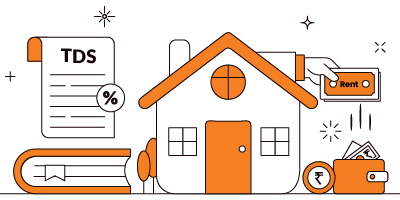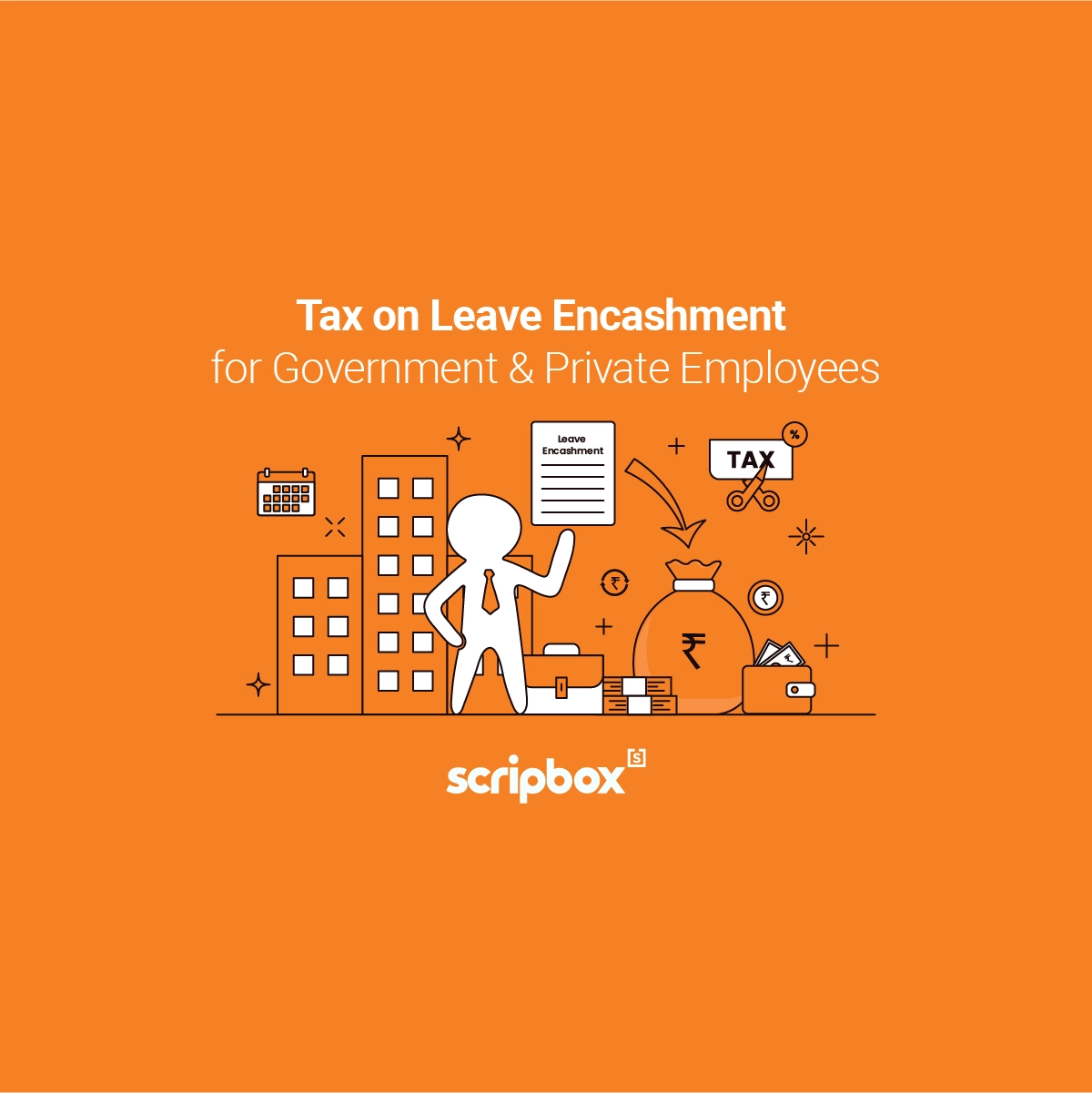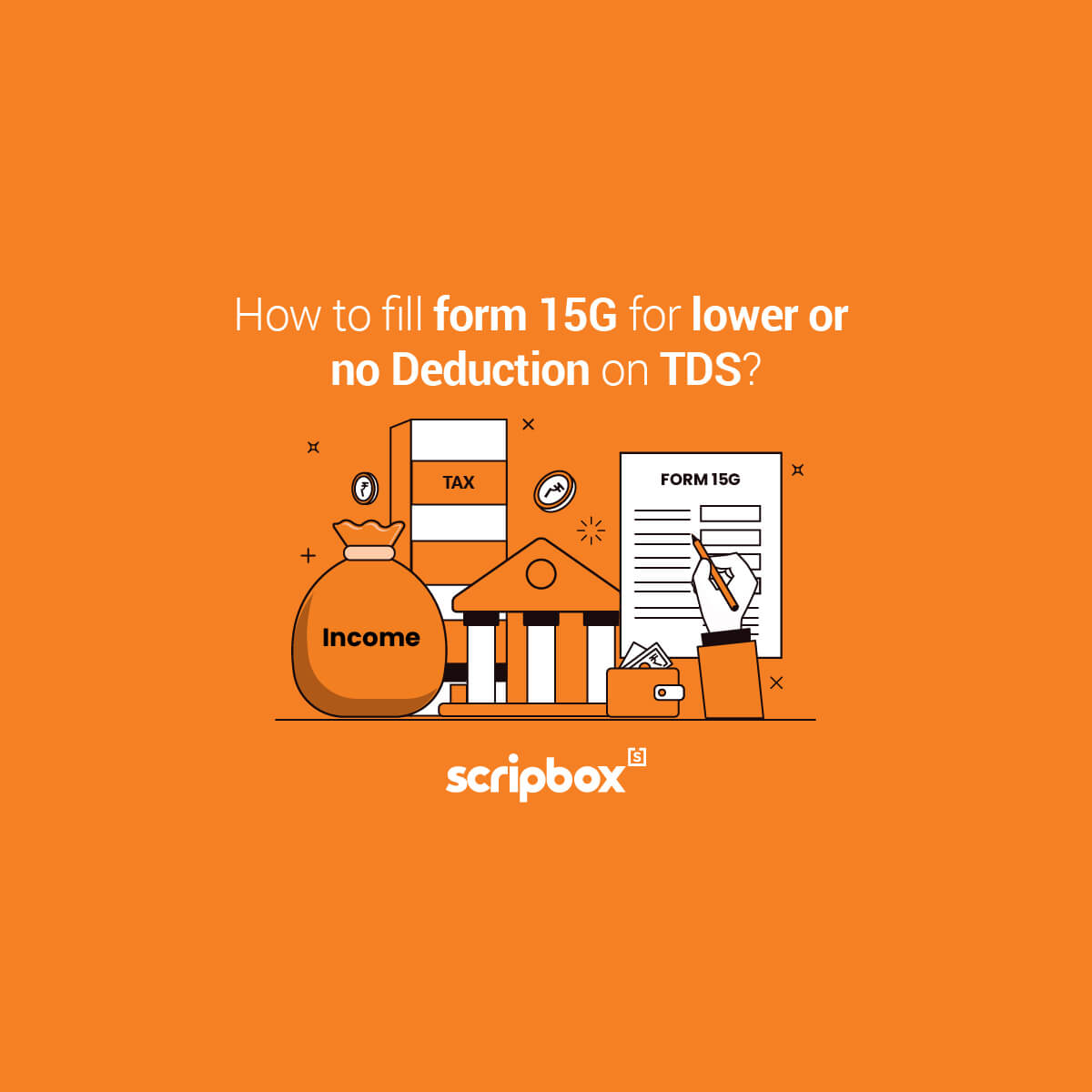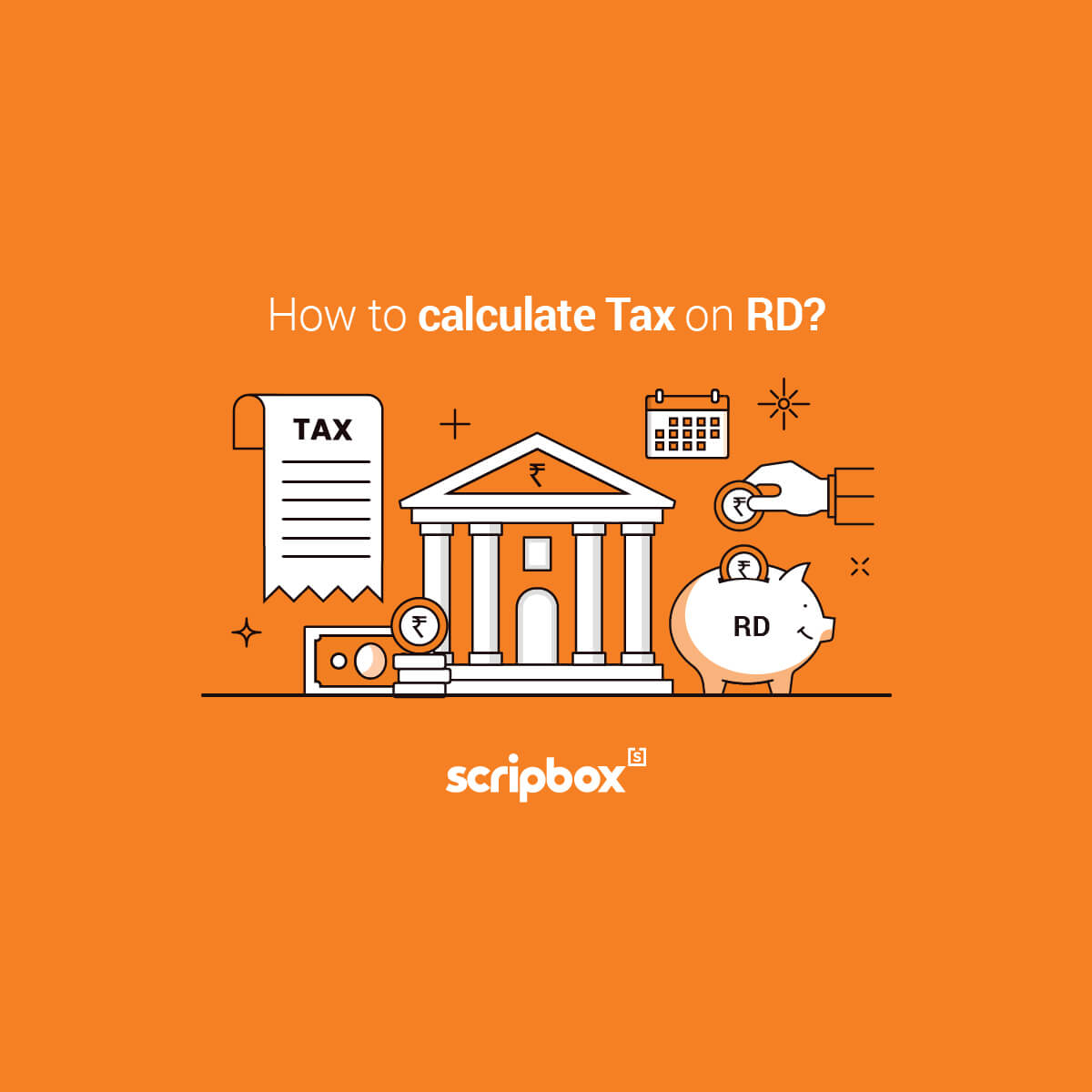TDS on rent as per section 194I of the Income Tax Act, 1961 is applicable on rental income which the tenant pays to the owner. The tenant while paying the rent needs to deduct TDS on rent at the applicable rate. Moreover, it is applicable to renting of plant, machinery, equipment, land, building, furniture, and fittings. In this article, we have covered all the aspects related to TDS under section 194I, its limit, as well as its applicability.
Who is Responsible for Tax Deduction u/s 194I?
Any person, not being an individual or a Hindu undivided family, who is responsible for paying to a resident taxpayer any rental income shall deduct TDS. However, if the individual or HUF has:
- a total sales, gross receipts, or turnover from the business in excess of Rs 1 crore.
- a total sales, gross receipts, or turnover from the profession exceeding Rs 50 lakhs.
during the financial year immediately preceding the financial year in which he pays rental income to the payee then he/ she shall be liable to deduct income-tax u/s 194I.
This might seem confusing a bit, the following table will help you understand the concept better:
| Type of Payer or Tenant | Covered u/s 194I | Not Covered u/s 194I |
| Payer or Tenant | Any person paying rent | NA |
| Payer or Tenant is an individual or a HUF | Such an individual or HUF is liable for tax audit under section 44AB. The total sales, gross receipts, or turnover exceeds Rs 1 crore (business) or Rs 50 lakhs (profession) | Any other individual or HUF |
| Owner of the asset | Rent is paid to a resident of India | Rent is paid to a non-resident or NRI. Such a payment is covered under section 195. |
Meaning of Rent for the purpose of Section 194I
For the purpose of section 194I of the Income Tax Act, 1961 “rent” means any payment, by whatever name called, under any lease, sub-lease, tenancy, or any other agreement or arrangement for the use of (either separately or together) any
- land; or
- building (including factory building); or
- land appurtenant to a building (including factory building); or
- machinery; or
- plant; or
- equipment; or
- furniture; or
- fittings,
whether or not the payee owns any or all of the above.
Points to Remember
- Section 194I for TDS on rent will be applicable whether or not the payee owns any or all of the above.
- Section 194I of the Income Tax Act, 1961 is applicable to lease as well as sub-lease of any of the above assets.
- Very often the landlord or owner of any asset demands a security deposit at the time of renting the assets. Such a security deposit is refundable at the time of the end of the rent agreement. Moreover, TDS is not applicable on such a security deposit.
- If the tenant pays an advance of rent then TDS is applicable because in this case, it’s not refundable. Moreover, if the owner credits such rental income in any ‘suspense account’ or any other similar account then TDS will still be applicable.
- The provisions do not require a compulsory payment of rent on a monthly basis. If the agreement between both parties demands the payment of rental income on a quarterly, half-yearly, or yearly basis then TDS will be deductible on the same payment basis.
Payment Covered u/s 194I
Section 194I covers the following types of payments as rent:
- Rent on factory or warehouse building- This rent will be taxable as business income in the hands of the owner of the property. The rent on furniture, fittings, etc will also fall under the same TDS. However, the rate of TDS will differ.
- Section 194I also includes sub lease or sub-let. Hence, it is irrelevant whether the receiver of the rent is the actual owner or not. TDS will be applicable
- Rent includes any other service charges which are a part and parcel of the rental agreement.
- If the rent is paid to separate owners for separate assets then separate TDS treatment is applicable. For instance, if a company rents an office space along with furniture from separate owners then TDS will be separate. The rate will be different. TDS deduction and payment on a TAN will be separate.
- If the taxpayer rents a hotel along with catering then both services will be under separate treatment. Moreover, section 194I covers the rent of space. However, section 80C is applicable to the catering service.
Check Out TDS Payment Due Date
What is the limit to deduct TDS on Rent?
As per the provisions of section 194I of the Income Tax Act TDS deduction is not applicable if the amount of such rental income or the aggregate of the amounts of such income is less than Rs 2,40,000. The limit includes any amount credited or paid or likely to be credited or paid during the financial year by the owner to the account of the payee.
The limit of Rs 240,000 is effective from the assessment year 2020-21 and the financial year 2019-20. As per the Income Tax Act, 1961, till the financial year, 2018-19 the limit to deduct TDS u/s 194I was Rs 1,80,000.
Rate of TDS on Rent Under Section 194I
| Rent Income Against | Rate of TDS |
| Rent for the use of any machinery or plant or equipment | 2% |
| Rent for the use of: any land or building (including factory building)or land appurtenant to a building (including factory building) | 10% |
| Rent for the use of furniture or fittings | 10% |
When to Deduct and Deposit TDS on Rent Under Section 194I?
Deduct TDS
You must deduct the TDS on rent within earlier of the following:
- At the time of credit of rent to the account of the owner, or
- At the time of payment in cash or cheque or draft or any other mode to such owner
Deposit TDS
You must deposit the TDS deducted on or before the following due date:
| TDS Deducted | Due Date for Deposit |
| For the months of April to February | On or before the 7th day of the following month |
| For the month of March | On or before 30th April |
| For Any month and the payment is made by the Government or on behalf of the Government | Same Day |
Under What Circumstances TDS u/s 194I is Not Deductible?
In the following cases you don’t need to deduct TDS on rent under section 194I of the Income Tax Act, 1961:
- The rent amount or the aggregate of such amount does not exceed Rs 2,40,000 in the financial year
- The rent is paid / payable to a Government agency.
- The payer of the rental income is an individual or HUF who is not liable for tax audit
- Rent income is credited or paid to a business trust. Such a business trust is a real estate investment trust w.r.t any real estate asset as provided in clause (23FCA) of section 10, owned directly by such business trust.
- Film Distributor as well as Exhibitor who owns the cinema theatre share the proceeds. Such a sharing of proceeds is on account of composite service. Hence, TDS is not applicable here.
What is the due date for the issuance of the TDS certificate?
The following is the due date for issuing TDS Certificate Form 16A by the deductor of TDS:
| Period | TDS is NOT Deducted by Government | TDS Deducted by Government |
| 1st Quarter April to June | 30th July | 15th August |
| 2nd Quarter July to September | 30th October | 15th November |
| 3rd Quarter October to December | 30th January | 15th February |
| 4th Quarter January to March | 30th May | 30th May |
Consequences of Non-Deduction/Non-Payment of TDS
If the TDS is not deducted or not paid after deduction then the following interest and penalty is applicable:
| Nature of Default | Interest Payable | Period For Which Interest is To Be Paid |
| The payer of rent does not deduct TDS at all | 1% for every month or part of a month on the TDS to be deducted | From the date on which such TDS was supposed to be deducted to the date on which TDS is deducted |
| The payer of rent deducts TDS from the owner but does not pay to the Government | 1.50% for every month or part of a month on the TDS deducted and not paid | From the date on which TDS was deducted to the date on which TDS is actually paid. |
TDS on Rent by Individuals
If an individual or HUF pays rent then TDS under section 194IB is applicable. However, if the individual or HUF is subject to a tax audit then section 194I is applicable. Furthermore, section 194IB provides that the tenant must deduct TDS if the rent exceeds Rs 50,000 for a month. Unlike section 194I, the rate of TDS is 5%. Here rent means any payment towards any lease, sub-lease, tenancy or any other agreement or arrangement for the use of any land or building or both. Hence, it excludes rent towards machinery, furniture or fittings.
Learn TDS on Commission
Frequently Asked Questions
No, TDS is not applicable on security deposits collected by the owner from the tenant only if the deposit is returned to the tenant. However, owner adjusts the security deposit against rent then TDS under section 194I of the Income Tax Act, 1961 is applicable. This is because here the adjustment against security deposit is just another mode of payment of rent.
No, if a hotel is let out to hold a seminar and the service includes catering services i.e. then TDS u/s 194I of the Income Tax Act, 1961 is not applicable. However, since this service constructs work and both the parties agree on such terms TDS under section 194C is applicable.
No, TDS is not applicable on the service tax component of the total rent. If the service tax is specifically shown in the invoice then TDS is not applicable.
If a taxpayer who is liable to deduct TDS fails to deduct TDS on or before the due date then interest is applicable. The default interest will be 1% per month or part thereof, from the date on which TDS was deductible till the date on which the TDS is actually deducted.
Furthermore, if you have deducted TDS but you have not deposited TDS to the Government then a higher interest rate is applicable. For such a failure you need to pay interest at a rate of 1.5% per month or part thereof. The interest is applicable from the date on which TDS was due to be deposited till the date on which the TDS is actually deposited.
TDS on rent is calculated by applying the TDS rate to the rent amount. For instance, if the tenant pays Rs 3,00,000 in a financial year for use of a building. The applicable TDS rate is 10%. In this case, the TDS amount will be Rs 30,000 (Rs 3,00,000 * 10%)
If the person responsible for deducting TDS fails to deduct TDS then a penalty and interest will be applicable. In case the payer fails to deduct TDS the payer of rent must pay 1% for every month or part of a month on the amount of such tax. In case the payer deducts TDS but fails to deposit it to the Government then the interest payable is 1.5% for every month or part of a month on the amount of such tax. Furthermore, section 221 and section 271C provides for penalties for not deducting and/or not depositing the TDS.
The payer of rent must deduct TDS from the total amount at the time of paying the rent or crediting the rent to the account of the owner, whichever is earlier.
The payer of rent is liable to deduct TDS at the time of paying the rent or crediting their books, whichever is earlier. After deducting TDS, the payer must deposit the TDS to the credit of the Government of India.
If the TDS is deducted for the months from April to February then the due date is the 7th of the next month. For instance, if the tenant deducts TDS during the month of May, then the due date is on or before the 7th of June. In case the TDS is deducted for the month of March then the due date will be extended to on or before 30th April. However, if the TDS is deducted by the Government of India then the TDS will be deposited on the same day.
Section 194I is applicable on rent paid by a taxpayer who is not an individual (except tax audit) or HUF. If the individual or HUF is liable for tax audit then 194I is applicable to these taxpayers. However, section 194IB is applicable to rent paid by an individual or HUF. Section 194IB is applicable to rent on land, building or use of both. Hence, TDS must be deducted at a rate of 5% if the rent amount exceeds Rs 50,000 for a month.
The meaning of rent is very clear for the purpose of TDS. Rent must be deducted if the tenant pays for a stay, accommodation, arrangement, lease or sub lease. The rent can be against the use of land, building or both. However, the limit for the deduction of TDS is Rs 2,40,000. Hence, if the tenant hires a hotel for rooms and the hire is in the nature of accommodation, arrangement, lease or sub lease then TDS will be applicable. Moreover, the rent amount must exceed Rs 2,40,000.
No, the limit of Rs 2,40,000 for TDS is applicable on the property and not to every owner.
No, if the taxpayer pays the rent to the Government of India then TDS must not be deducted.
Rent is not subject to service tax since service tax is abolished and GST has been introduced. Furthermore, TDS is deducted from the rent amount and on other services under section 194I. Such other service charges will be subject to TDS deductions.
Similar Pages
- Tax Information Network
- Save Taxes on Sale of Property
- Income Tax on Gifts
- Save Taxes on Health Insurance
- 15 Tips for a Salaried Employee to Save Tax
Related Articles
- Who is Responsible for Tax Deduction u/s 194I?
- Meaning of Rent for the purpose of Section 194I
- Payment Covered u/s 194I
- What is the limit to deduct TDS on Rent?
- Rate of TDS on Rent Under Section 194I
- When to Deduct and Deposit TDS on Rent Under Section 194I?
- Under What Circumstances TDS u/s 194I is Not Deductible?
- What is the due date for the issuance of the TDS certificate?
- Consequences of Non-Deduction/Non-Payment of TDS
- TDS on Rent by Individuals
- Frequently Asked Questions
























Show comments